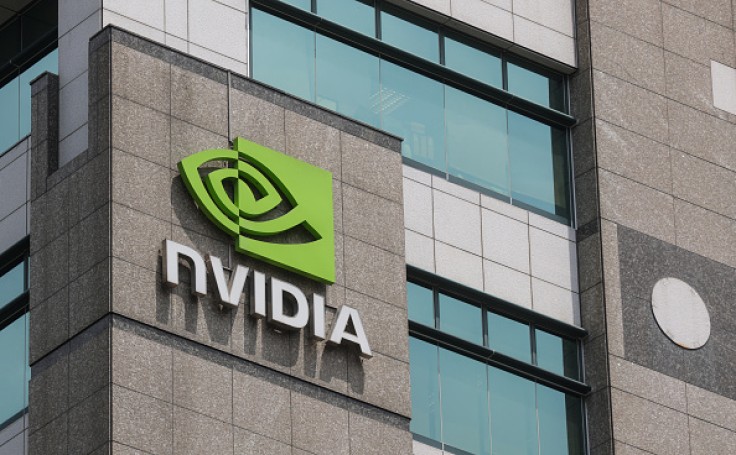Some Middle Eastern countries won't get AI chips from NVIDIA and AMD anytime soon.
The US reportedly expanded the restriction of exports of sophisticated NVIDIA and AMD AI chips to include some Middle Eastern countries for an unknown reason.
The restrictions usually involve China, as the US wants to curb its access to advanced tech and chips for it to augment its own.
No More AI Chips For The Middle East
The US government decided to restrict the export of NVIDIA's A100 and H100 chips to certain Middle Eastern countries, per a Reuters report. Unfortunately, neither the country nor the US Commerce Department didn't specify which Middle countries are a part of its restrictions.
However, these countries will no longer receive NVIDIA's A100 and H100 chips, which the company designed to speed up machine-learning tasks. NVIDIA seems to take the restriction lightly - a regulatory filing from the company stated that the restrictions wouldn't have an "immediate material impact" on its results.
The same is true about AMD, according to Reuters' source - a person familiar with the matter. They also mentioned that the restriction has no material impact on its revenue.
Without the AI chips from NVIDIA and AMD, Chinese organizations can't carry out advanced computing used for image and speech recognition, among many other tasks, in a cost-efficient manner. The Chinese military could use such technological features to search satellite imagery for weapons or bases and clear digital communications for intelligence-gathering purposes.

Curbing China's Tech Ambitions
Unfortunately, both NVIDIA and AMD didn't reveal why the Commerce Department is preventing them from exporting AI chips to the involved Middle Eastern countries. The Commerce Department usually imposes such restrictions due to national security concerns, as is the case with China.
You may recall that the US has been preventing the trade of high-tech equipment and semiconductors to China as it may use them to threaten US national security. As a result, Google's Android OS is no longer available for China-based smartphone developers, while chip manufacturers like NVIDIA and AMD have to sell less advanced chips to China instead of the ones the US doesn't want China to get.
The US is also encouraging other countries to deny China similar technology to prevent it from threatening their national security. Japan and the Netherlands have joined the US in limiting China's access to advanced semiconductor machinery to hinder its technological ambitions earlier in 2023.
It is hard to tell whether these restrictions on China are working. However, China is probably feeling its intended effect. A May 2023 report from The South China Morning Post stated that China's Shanghai-based Semiconductor Manufacturing International Corp. saw its profits fall by 53.1% year on year.
However, Chinese companies could learn how to develop advanced semiconductors without the machines the US and its allies are denying China, per ASML president and CEO Peter Wennick. He revealed that while it will take time for China's semiconductor companies to figure out how to create the advanced semiconductors themselves, they will eventually get there.









